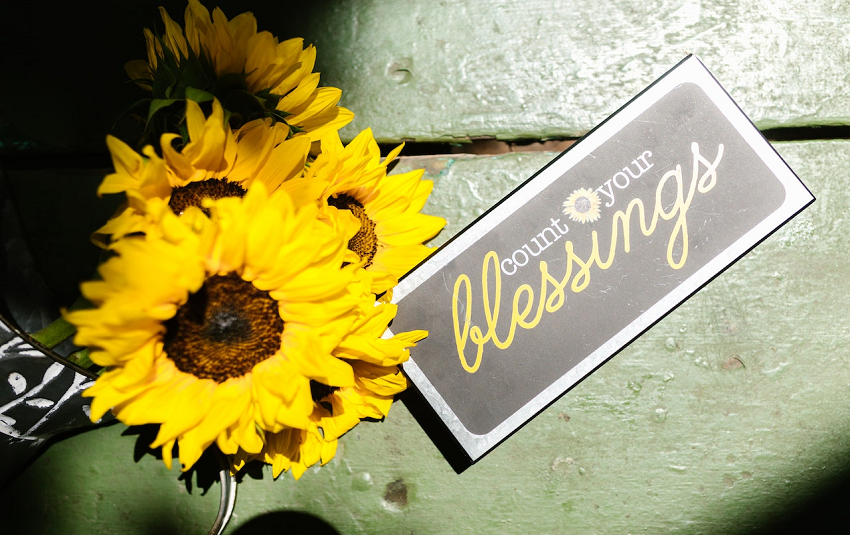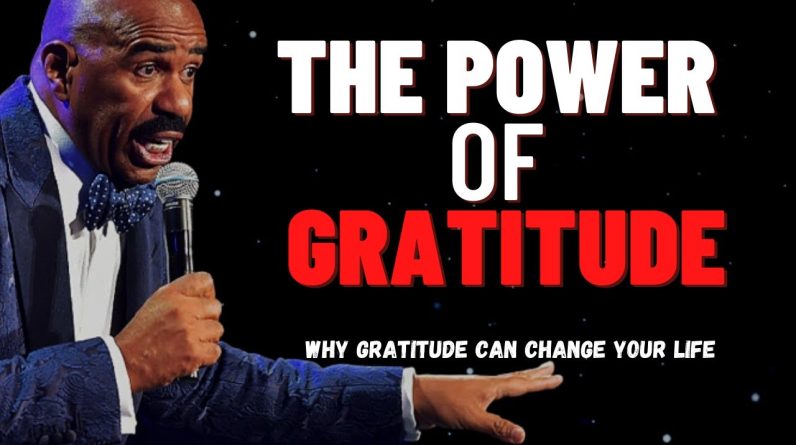
Being grateful is like opening up a doorway to positivity and optimism. Through this doorway, we’re able to appreciate all the good we have in our lives.
Thus, we’re in a better position to enjoy it for the blessing that it is rather than focus on the things we don’t have. Having that sense of balance is essential to living a happy, fulfilling life. After all, no one can ever have everything they desire.
So, what to do to avoid feeling unsatisfied, anxious, and stressed? Learn to practice gratitude.
The Link Between Gratitude and Feeling Less Stressed
Taking care of your mental health in this hectic lifestyle we’re living is no easy feat. Every one of us is taking on more responsibilities, which is making us more apprehensive and on edge.
According to one study, 57% of people are experiencing more and more anxiety compared to previous years and 53% are feeling more emotionally exhausted than ever.
These emotions tend to increase when we’re faced with some form of instability in our lives. Relationship troubles, financial issues, and health problems are all examples of things that increase our stress simply because we don’t know what to expect.
Living in a state of uncertainty like that can be overwhelming and scary. Yet, the silver lining is that there are things you can do to minimize their impact. The first thing, of course, is to be thankful.
While it won’t fix the problem, practicing gratitude will certainly reduce stress levels and help you cope with your emotions.
How Does Gratitude Reduce Stress?
Medical experts tell us that gratitude can help balance negative self-talk, which is often brought on by uncertainty.
The science behind it is that when we express gratitude, our brains release serotonin and dopamine. These neurotransmitters are responsible for elevating our moods while making us feel more hopeful by focusing more on the positive side of life and, ultimately, less stressed.
How Does It Work?
The secret to why gratitude is such an extremely powerful tool to have at your disposal is in the simple way it operates. When you show gratitude to yourself, others, or God, your brain shifts its focus from the things that are missing from your life to the things that you do have.
Dr. Robert Emmons is the world’s leading scientific expert on gratitude. He’s spent over a decade researching the effect gratitude has on people.
Through his research, he’s found that those who make a habit of regularly practicing gratitude are generally healthier physically and emotionally. They’ve empowered themselves with techniques to release toxic emotions, making them more grounded.
They also have stronger and better relationships. How can they not when they always seem to be happy-go-lucky with a smile on their face? Plus, they’re more empathetic and considerate of others, which helps fortify their professional and personal relationships.
Not only that, but they’re better at persevering whenever they go through a difficult time in their lives. So, you can say that being thankful helps you deal with life’s adversities and stressful situations in a more positive and constructive way.
For example, Dr. Emmons says, “You can’t feel [angry or] envious and grateful at the same time. They’re incompatible feelings because if you’re grateful, you can’t resent someone for owning things you don’t [have].”
In other words, when you feel thankful for the people and things in your life, you’re making a conscious choice to have more positive thoughts and emotions over negative ones. Thus, you won’t have space in your life for resentment, anger, or envy.
And, as a by-product, you’ll be less stressed out because you’re not thinking about the things that you can’t control, or you can’t have.








